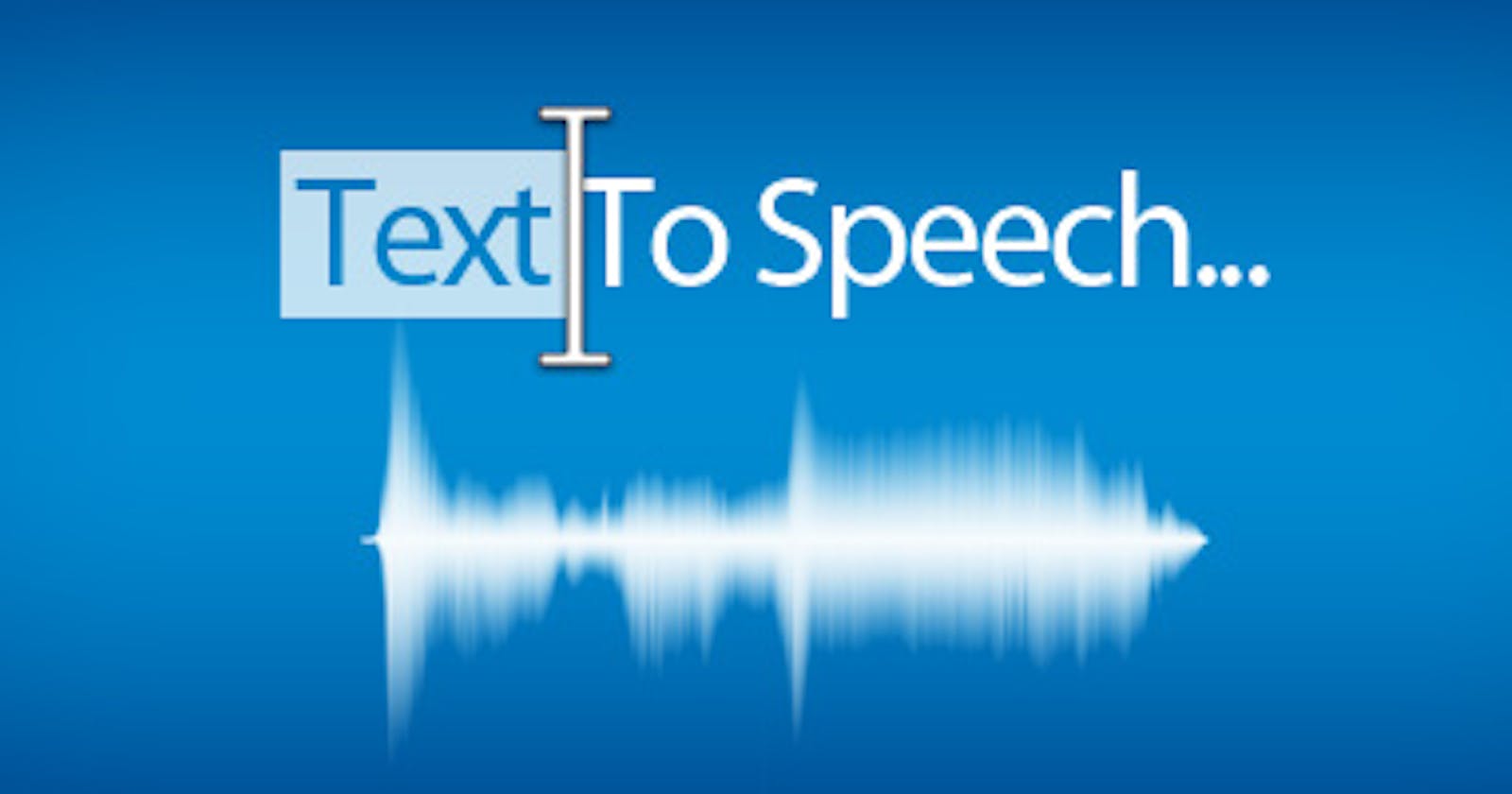When it first appeared in educational circles as a potential teaching tool, some felt that using text-to-speech educational technology to help struggling readers was sort of cheating. More like a crutch. Fortunately, as teaching methods evolve and technology becomes completely amalgamated in learning and teaching, TTS is becoming more common in today’s classrooms.
TTS, which is software that reads text aloud as students follow the highlighted text on the screen, is proving that not only is text-to-speech not a crutch, but it is indeed an invaluable tool to help students improve results and stay motivated.
Change is hard, but it makes perfect sense that any tool that allows students multiple visual and auditory options to learn is good. Students must be able to learn in the manner which is most effective for them, and TTS frees the reader to focus on meaning, rather than on the act of reading, which encourages an understanding of concepts and facilitates dialogue and writing that might otherwise be difficult to attain.
The positive effects that result when every student is enabled to learn in the way that is personally most effective cannot be understated. Assistive technology such as text-to-speech increases motivation and self-esteem and facilitates independence by allowing the students to read what they choose, with the knowledge that they will have greater success in understanding what they read. TTS can be the difference between a student keeping up in reading, writing and understanding grade-level content with the others in his or her class. Text-to-speech technology can be seen as an internal support system that can instill confidence and allow students to fully participate with their peers.
Traditional methods of teaching reading focus on developing the ability to decode and make the connection between sounds and letters. People learn in different ways, and this method is not effective for certain learners. Decoding can be difficult and detract from understanding the actual content of what is being read. A big risk in these situations is that the student becomes frustrated and considers reading a chore. When this happens a love of reading is never developed and the person ceases to read much in later life.

